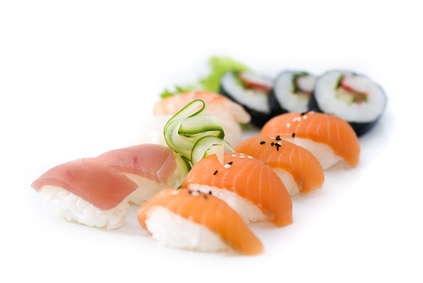In order to run at your best you need to make sure that your body is properly fuelled. Use these rules to guide your dietary practices – you will be amazed what a difference eating correctly can make!
- Small frequent meals are key.
Eating small meals regularly is very important for runners. We have higher energy requirements than our sedentary counterparts. Eating just 3 meals a day makes reaching these requirements difficult. Eating smaller portions regularly prevents spikes and drops in glucose levels, keeping energy levels constant and available when needed.
- Make carbohydrates the basis of most meals
Carbohydrates generally get a bad rap, but the fact is as runners we need them! Carbohydrates are the primary source of energy for our muscles and are quickly depleted during exercise. Carbohydrate stores need to be continuously replenished to keep us performing optimally and prevent muscle breakdown. They are also needed to help us recover properly after a run. Starchy foods, vegetables, fruit and dairy are all good sources of carbohydrates. Try to choose whole grain options as far as possible for sustained energy and good health.
- Eat a variety of foods
There are many types of foods on this earth for a reason. Each provides us with different nutrients and is needed for various bodily functions. It is never a good idea to exclude a food group. If you are excluding a type of food due to an allergy or intolerance it is advisable to consult with a dietician to make sure that you are meeting your nutrient requirements.
- Eat mainly unprocessed foods
Processed foods are usually low in fibre and micronutrients and high in fat and/or sugar. As far as possible try to choose foods as close to their natural form as possible. These will provide you with the nutrients that you need to perform optimally and recover properly. Choose whole grains, unprocessed fish, meat and chicken as well as plenty of fruit and vegetables. Rather get ‘good’ fats in your diet from plants sources such as canola or olive oil, nuts, seeds and avocado. Fats found in meat, junk food and take-aways usually cause more harm than good.
- Get sufficient protein in your diet.
While carbs should form the basis of your diet, it is also important to make sure that you are getting enough protein. Protein is required for many bodily functions including muscle-building and repair. Runners usually require about 1.2g of protein per kg of body weight, these amounts to 72g for a 60kg person. Try to include protein from both animal and plant sources. Try and include some protein in every meal.
 a
a







5 Healthy Eating Rules for Runners. http://t.co/bDVESaguyT
Werner Piet Willers liked this on Facebook.
Tess Speek liked this on Facebook.
Freya Labuschagne liked this on Facebook.
Suzanne Kroese liked this on Facebook.
Susan Vaz liked this on Facebook.